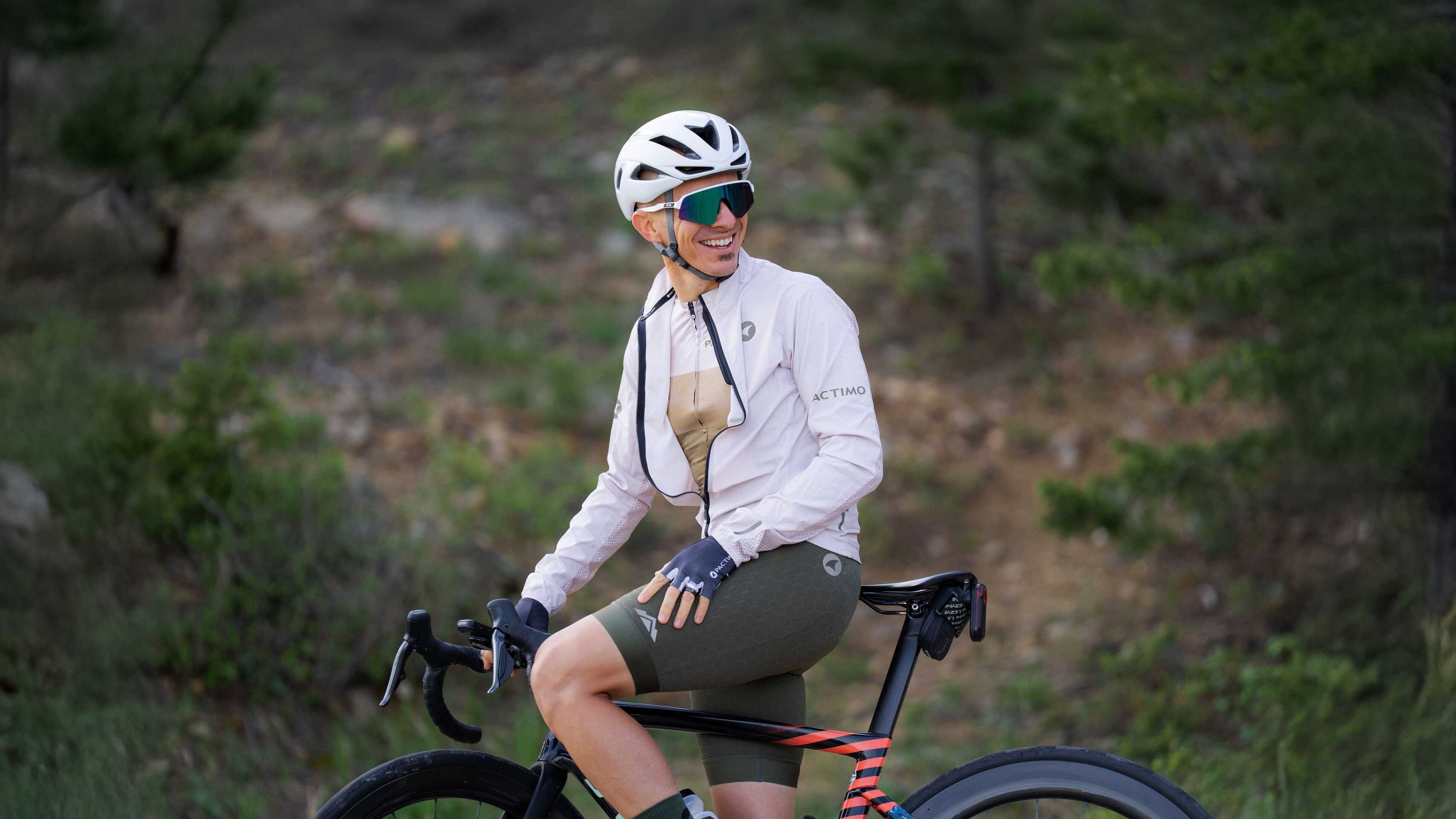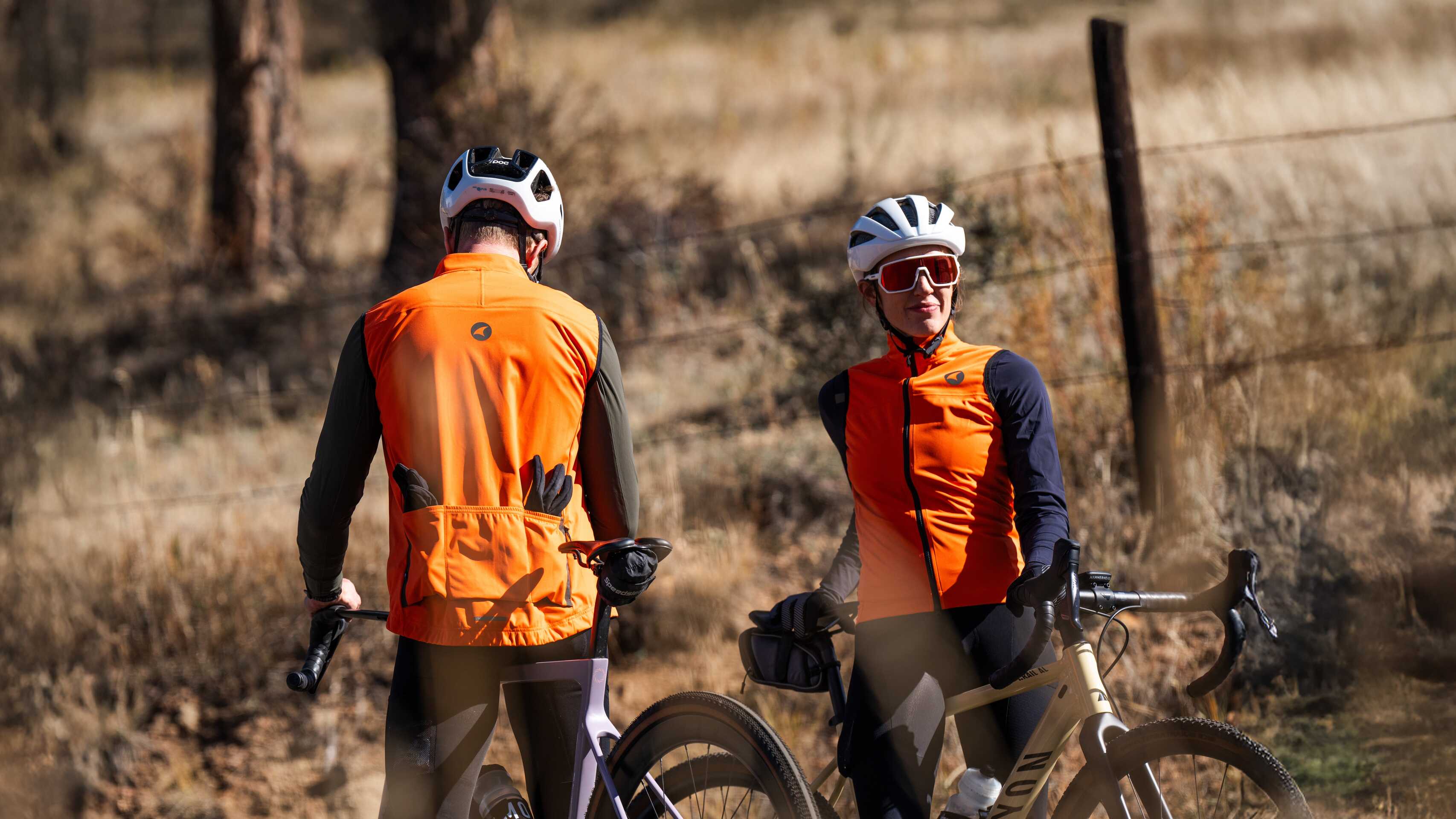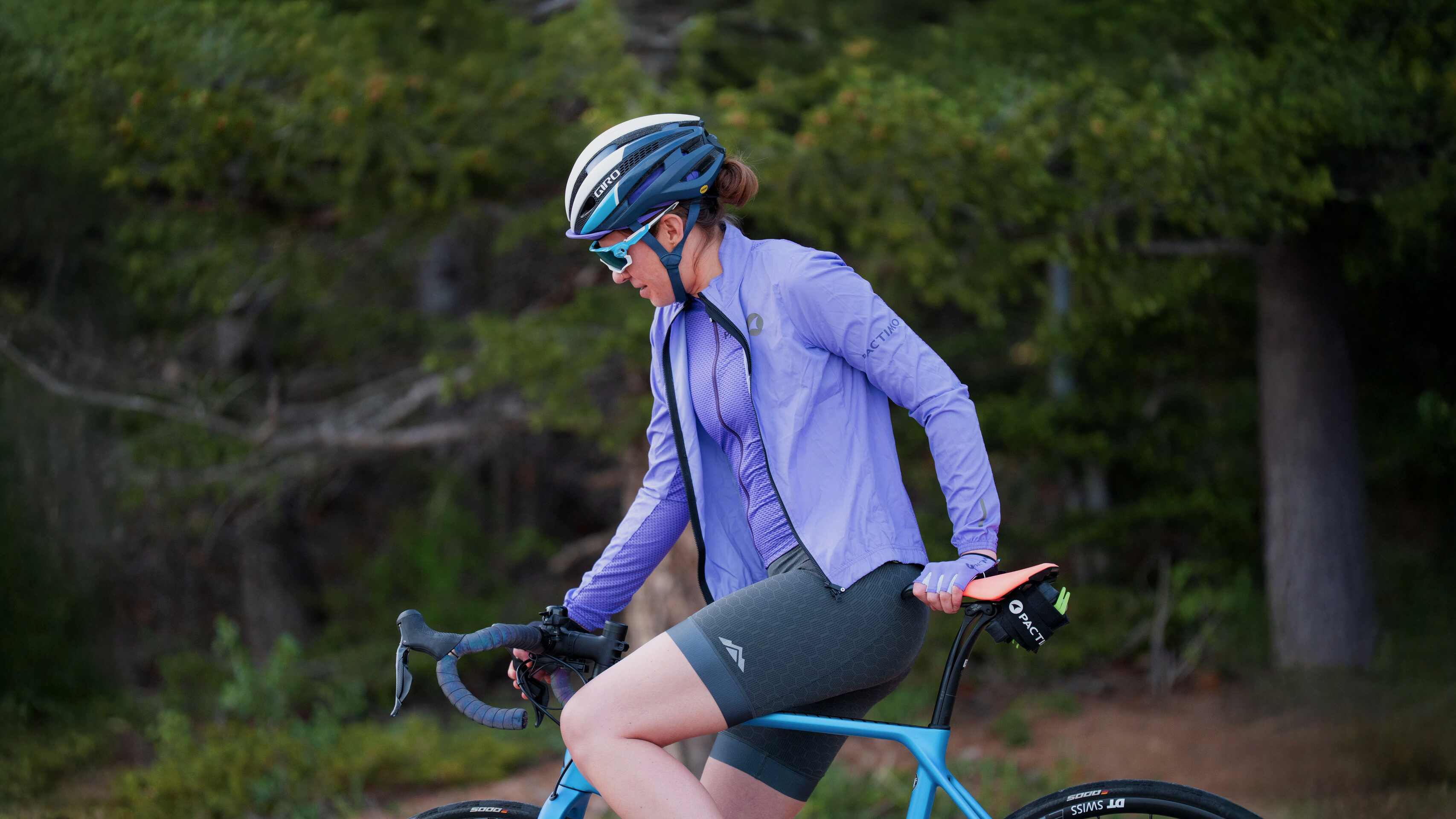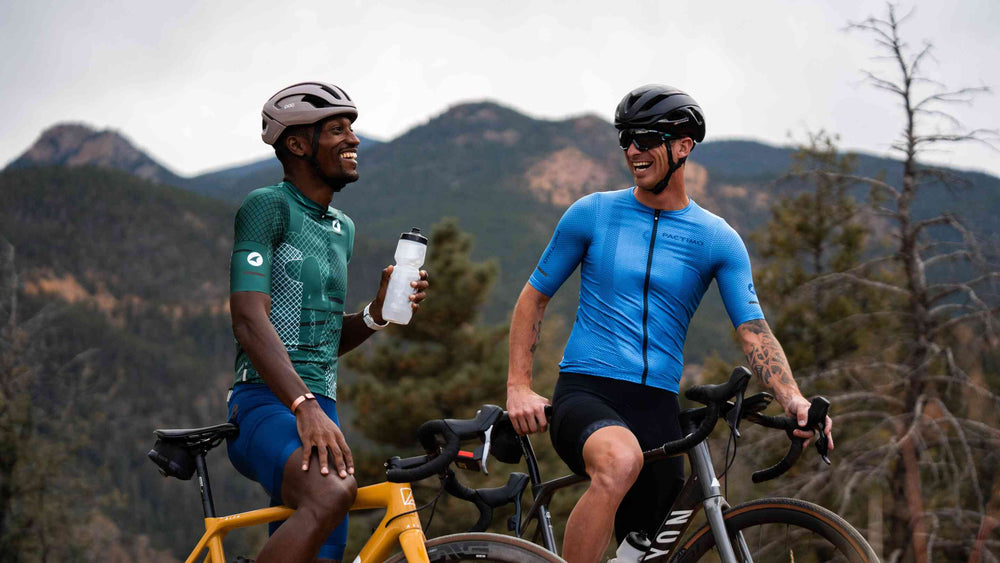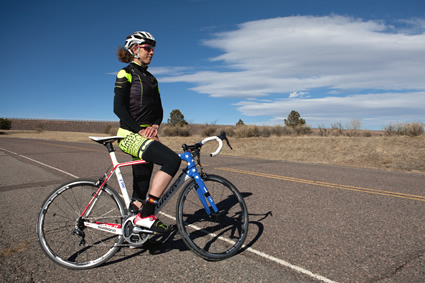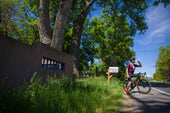By ALP Coach Alison Powers
The hashtag #crossiscoming is no longer valid. #crossishere. The first races of the season have either begun or are right around the corner.
Bikes and equipment have been dialed in, training has been completed, and now it's time to race. Not so fast. Energy management and skill building must be thoughtfully planned out and constantly worked on to ensure an entire season of success.
A common problem I have seen (and done myself), is athletes work hard all spring and summer to gain fitness. They race road bikes, and/or mountain bikes, then enter the CX season full gas. CX has the athlete mentally excited and motivated, but the body starts to get tired. Performance and energy levels stale and, by November, the athlete is completely burned out of riding their bike, and racing their bike. This is unfortunate, as the biggest races of the year are at the end of the year- state championships, national championships, and world championships.

A better way to approach the CX season, is to slowly build into the racing and the intensity. It's important to take time away from training and racing late summer (if you didn't do this, make sure to take time off early November), to ensure the body is fresh and ready for 4-5 months of consistant training and racing.
Focus on skill building. 50% of CX racing success (or lack thereof) is solid bike handling skills. Are your dismounts clean and fast? Are you able to dismount without putting the brakes on and are you putting your right hand on the top tube before dismounting? How is your cornering? Are you able to corner confidently and exit the corner with speed?

Don't lose touch with your endurance training. A typical training week during CX season looks like this-
Monday is a rest day.
Tuesday is skills training or easy 60-90min ride.
Wednesday is CX practice and the intensity of the week (~90min).
Thursday is a rest day.
Friday is openers (60min).
Saturday and Sunday are race days with a 30min warm-up, 40 min race, and 15min cool down (~90min of riding).
This totals about 7 hours of riding a week with nothing longer than 90min and very little time spent at endurance training pace (Zones 2-3/4). Eventually, the athelte will start to lose fitness and come the most important races of the season, the fitness and freshness are not as good as they were in October.
Spend some time working on your aerobic engine. Skip a Wednesday CX practice to do some zone 3 (Tempo) intervals. Add duration to your warm-up and cool down to add some time on the bike. Skip a weekend race to do a solid 3 hour endurance (zones 2-3) ride. This 'aerobic engine training' will pay off and it will help you hold your fitness longer.
Season long CX success is possible. It requires thoughtful planning, listening to one's body, and staying focused on the end goal.
ABOUT THE AUTHOR
Alison Powers only recently retired from cycling, finishing her final season on the UnitedHealthcare Women’s Team. Her career has spanned a wide array of wins, including the 2013 USA Cycling Professional Criterium National Championship where she won in memorable fashion by soloing after an early breakaway that obliterated the pro women’s peloton. Other standout results during the 33-year-old’s 2013 season include the win at Redlands Bicycle Classic, second at the Tour of Elk Grove, third at the US National Road Championship and the US National Time Trial Championship, and stage wins at Cascade Classic, Tulsa Tough, Tour of the Gila and Redlands Bicycle Classic. Hailing from Fraser, Colorado, Powers has been racing bikes professionally for eight years and is a true athlete with her career beginning as a teenager in mountain bike racing. In her mid 20s, she added in alpine ski racing before switching over to the road. In addition to being the current Criterium National Champion, Powers has two other national championships (Time Trial, Team Pursuit) and 2 NRC titles (2009, 2013).
